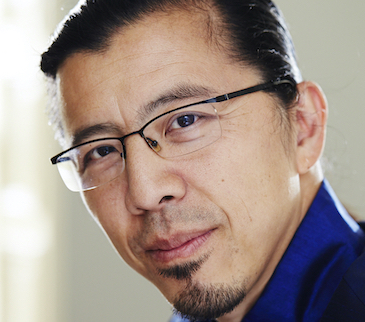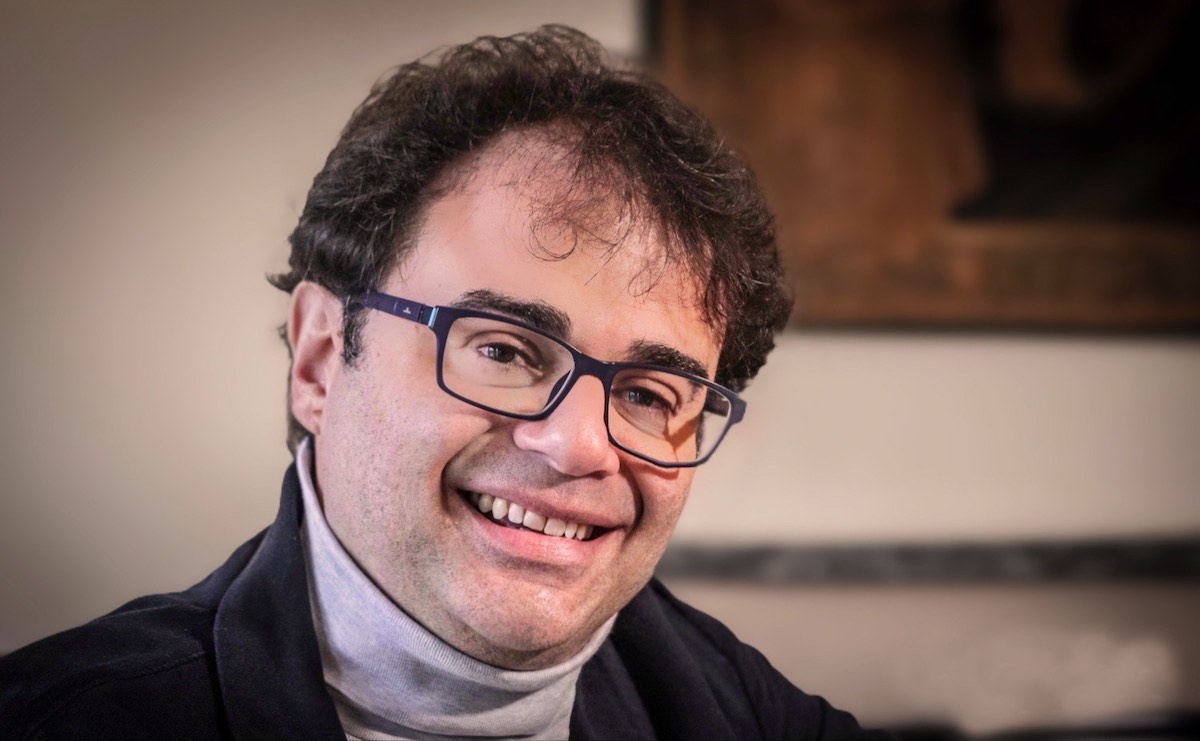Right now, a lot of musicians are struggling. Concerts are canceled, orchestras are not playing, and it can be challenging to practice and stay motivated in the current environment. When the Covid19 pandemic hit, I was full of contradictory emotions. Everything that I had scheduled was canceled or postponed: concerts, masterclasses, and even recordings. It was horrible. Compounding these shocks were the doubts that the response from government and public was sensible and effective.
After those initial blows, I have tried to embrace the current situation and make the most of it. In the last ten years, I have never had so much time for practicing, even with the effects of school closures and everyone trying to work from home. It’s an excellent opportunity to practice in a way that I usually cannot do, practicing without the pressure of knowing you will be performing what you are working on in a month or two. That kind of breathing space has been very liberating.
Frequently, when I have a lesson with my students close to some examination or performance, I always speak to them about that lurking awareness and stress. I tell them, “When you sit down at the piano, try to banish your anxiety. Instead of feeling that you have to play in one week and you are not ready, practice as if you are going to play this piece for me in six months or a year.” In a lower-stakes practice situation, you are more relaxed, learn better, and can use your time more wisely too.
I found myself in a situation where I could take my own advice. In my regular schedule, between travel, performing, and teaching, I did not usually have much time to practice. With all the cancellations and postponements, I could practice what I had been scheduled to play in a wonderful way, without the lurking pressure and anxiety. I could also start learning something new and expanding my repertoire.
Like many people, I also had to switch over to online classes for teaching, both for private lessons and also for the conservatory where I work. I’m not sure whether teaching online music lessons can replace in-person instruction. But the abrupt change in format has taught me a lot. On a video call, you have to concentrate much more on the gestures and movements the student is making. The internet connection is not always perfect, especially since no one was prepared to go online so abruptly. Even if you have a fast and stable internet connection, it is hard to place the microphone just right for a piano. Or maybe the connection is good, and the microphone is well-placed, but then the student would use the pedal, and it was suddenly terrible. Once I couldn’t even recognize the work the student was playing. In moments like that, it’s not always helpful or convenient to express this to the students. Of course, I can ask them to send me a video recording so I can give them feedback that way. I have done this several times. But in that particular moment, I felt that cutting my student off for something that wasn’t anyone’s fault was unfair. Instead, I treated the video as if it was muted, reading their movements. Every time something is wrong, it corresponds to some precise gesture we already know. But when we are in person, we don’t pay much attention to the gestures because we focus on the sound. That’s more difficult to do through video streaming, but by focusing on gestures, I learned a whole new way to diagnose musical issues, which will stay with me even when we are back to in-person lessons.
For online lessons, you also have to optimize the time much more. Everything is scheduled in narrow time slots, so students always had to run to the next video lesson. There wasn’t the same kind of breathing room that there usually is in real life. I have to concentrate and make a prioritized list of comments. Now I always start with these lists, going straight to the main goal, rather than talking around things. I’m more organized in my feedback, which will definitely help my students.
So for me, the pandemic has made me a better teacher, as well as opening up time for more lower-stakes practice sessions. That’s the most significant change coming out of the outbreak this spring. I didn’t necessarily think that a health crisis would change the way I practice and teach.
Edited for length and clarity by Claire Thompson.
#teaching

Daniele Petralia
Italian pianist Daniele Petralia enjoys an active concert schedule worldwide. He has performed as a soloist with Sicilian Symphony Orchestra, Massimo Bellini Theatre Orchestra, Arad State Symphony Orchestra, Orchestra of the Settimane Musicali di Stresa Academy, Donetsk Symphony Orchestra, New World Philharmonic Orchestra of Montreal, Liepaja State Symphony Orchestra, Sydney Symphony Orchestra under the direction of Vladimir Ashkenazy .
He obtained multiple First and Second Prizes at National and Internation Piano Competitions including “Prix Saint-Vincent”, “Ibla Grand Prize”,“F.P.Neglia” of Enna, “V.Bellini” of Caltanissetta, and the “Grand Prize of Princess Lalla Meriem” the prestigious International Piano Competitions of “Meknès” in Morocco.



Comments are closed.